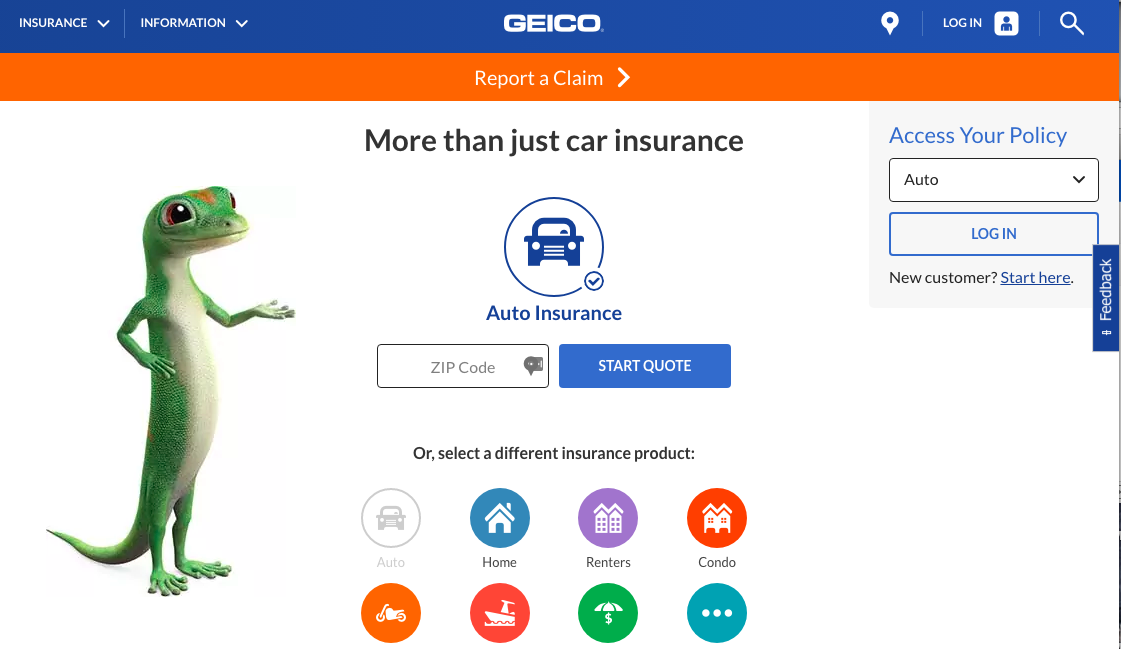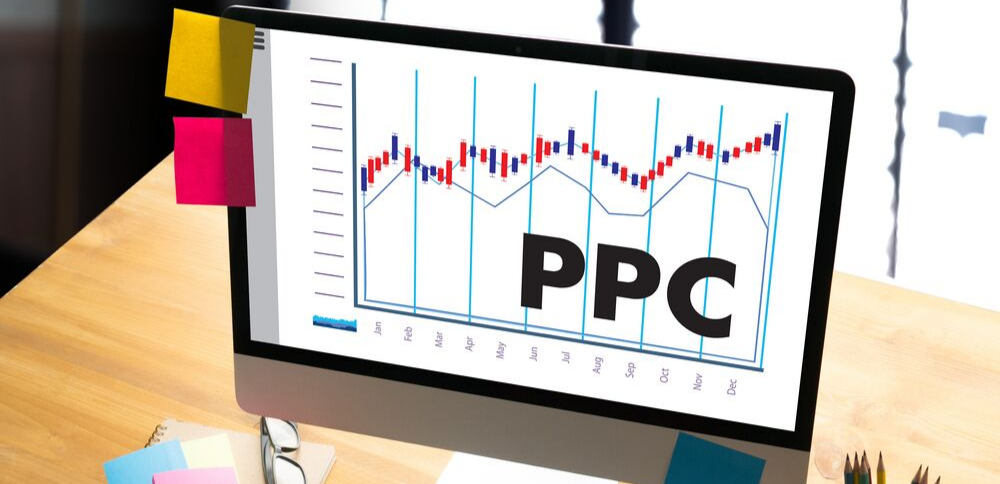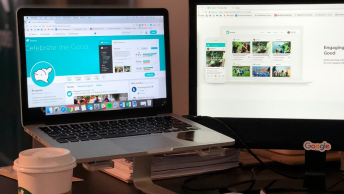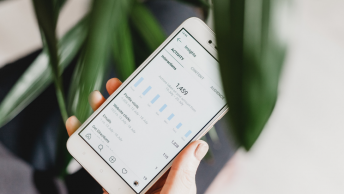PPC advertising is one of the most effective online marketing tools, but you have to know how to properly leverage it. Here are 10 ways you can improve your PPC Campaigns today.
PPC Can Change The Game
Pay-per-click advertising has become one of the most powerful tools in any web marketer’s arsenal. However, like any tool, you have to know how to best apply it. When approached correctly, PPC can help you immediately boost sales and conversions. Here are 10 big things you can do right now to improve your PPC campaign.
1. Pick The Right Keywords
PPC ads work by having you bid on matching specific keywords to your ad. The effectiveness of your bid depends on a number of factors. One of these factors is how much you spend. Since you will be investing in these ads, you want to make sure you are picking keywords that will help you get a return on what you have spent.
If you are using Google Adwords, Keyword Planner is a great place to start. While it does allow you to conduct research, it is important to keep in mind that many of your competitors are likely also using it. This means that they will be getting the same keywords.
For more tips on creating Adwords PPC campaigns, check out our blog post on the topic.
2. Put Value First
While your keywords need to include details and descriptions of the things that you offer, your ad copy itself needs to focus on value. Copy that simply repeats your keywords and ads nothing to the conversation isn’t truly working for you.
Don’t think literally. You want to do more than list your services again. Tell people how your services will benefit them. Make it clear what problems you will solve and what benefits you offer in a concise way.
3. Don’t Forget The CTA

You want all of your ads to end with a call to action which invites people to take some action that will benefit your business immediately. Incorporate CTAs on your landing page and into your general web copy.
Your copy needs to be about the customer. Show them exactly what they will gain from doing business with you. Then, once you have made that clear, end with a strong CTA that inspires them to take a simple immediate action. You want them to feel like you are helping them work toward solving some sort of issue and they need to click right now.
Your CTA should be compelling, easy to understand, continue momentum, and actually get potential converts to click. They don’t have to be fancy or complex. Even something simple like “Sign up” or “start my free trial” can be highly effective.
SEE ALSO: The Top 5 Ways to Create High Converting CTA Buttons
4. Know When And When Not To Bid On Brands
You have probably heard people say that you should never bid on branded keywords. There is some truth to this. After all, if someone knows your brand name, they can visit your site directly. In that case, they do not need a paid ad to guide them there. This is why you should not bid on your own brand.
However, if your site offers products that belong to other brands, you should definitely bid on those branded keywords.
5. Long-Tail Keywords Are Key
Many people who are just starting out in the world of PPC advertising stick to short-tail keywords only. These are keywords that are between 1-3 words long. These might be “pizza restaurant” or “Italian pizzeria.” This is an easy way to make sure that they can potentially catch the attention of as wide of an audience as possible and get more clicks.
However, there are benefits to also using more specific keywords. For example “brick oven pizza Miami” is far more specific. While this means it will appear to fewer people, it will also appear to a group of people who are specifically looking for that. They will be more likely to convert.
You want to use both short-tail and long-tail keywords. One way you can find them is by looking at the organic search results that have led to your pages in the past.
6. Quality Matters
Many PPC platforms have their own individual standards for what can help you get a bit. This comes down to a lot more than how much you are willing to spend. It also depends on the quality of your ads.
AdWords, for example, makes use of a “Quality Score.” While different sites have different exact ways of determining your quality score, it will likely come down to several factors. These can include your click-through rate and the relevance of your ads to the keywords.
7. Make Sure Your Ad Groups Are Relevant
Ad groups with relevance will have higher quality scores. This is why you want each of your ad groups to have a specific strategic purpose. If your business offers multiple services, target the audiences looking for those services specifically. You want to make specific ad groups to boost your relevance and increase conversions.
8. Build Your Negative Keyword List
While it is obvious that you want to use keywords that are relevant to your business goals, cutting out irrelevant keywords can be just as important. As much as you want to appear before the right audience, you also don’t want to be appearing at random for audiences that will never convert.
For example, say you are a Mercedes car dealer. It seems like a no brainer that you would include “Mercedes” as one of your keywords. However, you don’t want your site being shown to people who are looking specifically for other types of cars.
By incorporating keywords like “Toyota” and “Saab” into your negative keywords, you can make sure your site isn’t popping up in irrelevant searches.
SEE ALSO: The Complete Guide to Keyword Research
9. Be Wary of Click Fraud

There are people who will click on your ad with no intention of using your services. Also, at least 40% of internet traffic is non-human bot traffic, meaning that there is a chance that a large portion of your ad traffic is bots who are wasting your budget and will never convert.
This is why you want to be able to exclude IP addresses as necessary. In the case of Google Ads, they make it easy for you to do this. There are however a variety of tools available for this purpose.
10. Location, Location, Location
Depending on how your business is run, focusing on local traffic can have big benefits for you. Especially in the cases of search engine PPC like Google AdWords, physical location can play a big role in appealing to web users.
Think about it. If someone is hungry and looking for a place to get lunch, or maybe they need a new pair of sneakers, they would almost always rather find a place that’s near them instead of traveling for hours.
Use locations in your keywords. You can also set locations parameters for your ads.
Final Thoughts
Ultimately, when it comes to PPC campaigns, there are many moving parts to consider. You want to take a strategic approach so you can not just reach people, but the right people. You want audiences who are likely to convert to see your ads and click.
Which of these tips do you think is the most helpful? Comment below…











